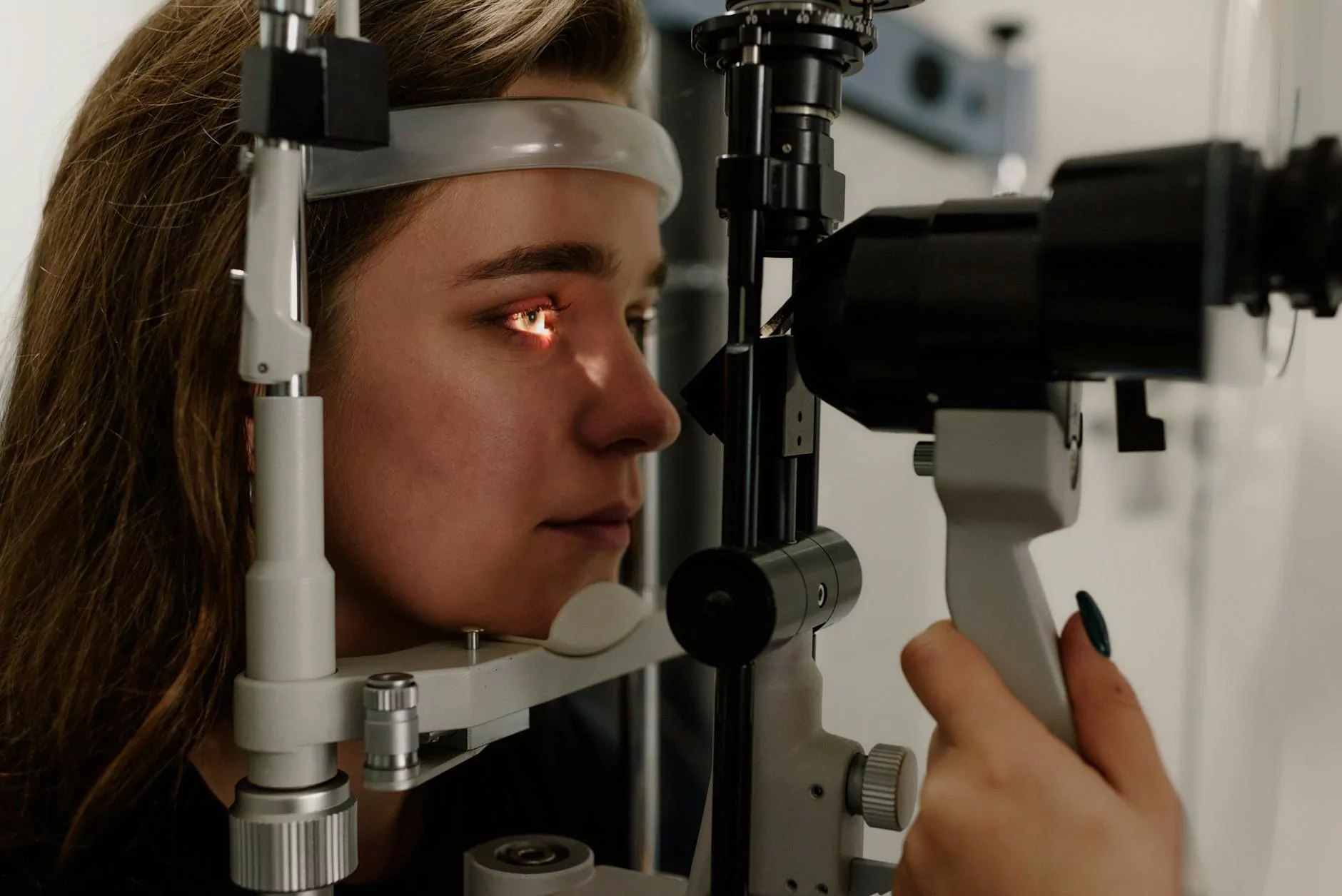5 Symptoms of High-functioning Autism

High-functioning autism, also known as Autism Spectrum Disorder (ASD), is a neurodevelopmental condition characterized by difficulties in social interaction, communication, and restricted and repetitive patterns of behavior. While each individual with high-functioning autism is unique, there are common symptoms that can help identify and understand the condition.
1. Social Challenges
One of the main symptoms of high-functioning autism is difficulty in social interactions. Individuals with high-functioning autism may have trouble understanding social cues and non-verbal communication, making it challenging for them to establish and maintain relationships. They may struggle with initiating conversations, making eye contact, and understanding social norms and expectations. These challenges can lead to feelings of isolation and difficulties in forming friendships.
In addition, individuals with high-functioning autism may have limited interests and may engage in repetitive behaviors, which can further affect social interactions. However, with proper support and understanding, individuals with high-functioning autism can develop social skills and improve their ability to navigate social situations.
2. Communication Differences
Communication difficulties are another hallmark of high-functioning autism. Individuals with this condition may have delayed or atypical language development. They may have trouble with speech and language skills, such as understanding figurative language, sarcasm, or jokes. Some individuals with high-functioning autism may also have difficulty with non-literal language, such as idioms or metaphors.
On the other hand, some individuals with high-functioning autism may have exceptional verbal skills and display an extensive vocabulary or ability to discuss specific topics in great detail. However, despite their fluency, they may struggle with pragmatic language skills, such as turn-taking, maintaining a topic of conversation, or understanding the appropriate context for communication.
3. Sensory Sensitivities
Sensory sensitivities are commonly observed in individuals with high-functioning autism. They may be over- or under-sensitive to certain sensory inputs, such as touch, sound, taste, smell, or visuals. For example, a person with high-functioning autism may be highly sensitive to bright lights or loud sounds, leading to discomfort or distress.
These sensory sensitivities can impact daily life, making certain environments or situations overwhelming for individuals with high-functioning autism. By creating sensory-friendly environments and providing necessary support, individuals with high-functioning autism can better manage their sensory sensitivities and improve their overall well-being.
4. Repetitive Behaviors and Special Interests
Individuals with high-functioning autism often engage in repetitive behaviors and exhibit intense or focused interests in specific topics. These repetitive behaviors may include routines, rituals, or specific body movements (such as rocking or hand-flapping). They offer a way for individuals with high-functioning autism to cope with anxiety or maintain a sense of control in their environment.
Additionally, individuals with high-functioning autism may develop intense interests in specific subjects. These interests can be highly specialized and focused, often surpassing the knowledge of those around them. While these intense interests can be beneficial in fostering expertise in certain areas, they can also limit flexibility in thinking and create challenges in engaging in broader social interactions.
5. Executive Functioning Challenges
Executive functioning refers to a set of cognitive processes that help individuals plan, organize, and execute tasks. Individuals with high-functioning autism often experience challenges with executive functioning, which can affect various aspects of their daily lives. This includes difficulties with time management, organizational skills, prioritizing tasks, and transitioning between activities.
These challenges can impact academic performance, work productivity, and independent living skills. However, with appropriate strategies, accommodations, and support, individuals with high-functioning autism can develop effective executive functioning skills that enable them to thrive in different environments.
In conclusion, understanding the symptoms of high-functioning autism is crucial in providing appropriate support and resources to individuals with this condition. By promoting awareness and inclusivity, we can create a more understanding society that embraces the strengths and challenges of neurodiversity. At FestivalsBazar, we aim to offer comprehensive information and support for individuals with high-functioning autism in the eCommerce & Shopping category.
Disclaimer: The information provided in this article is for educational purposes only and should not be considered as medical advice. If you suspect that you or someone you know may have high-functioning autism, we recommend seeking professional evaluation and guidance.










